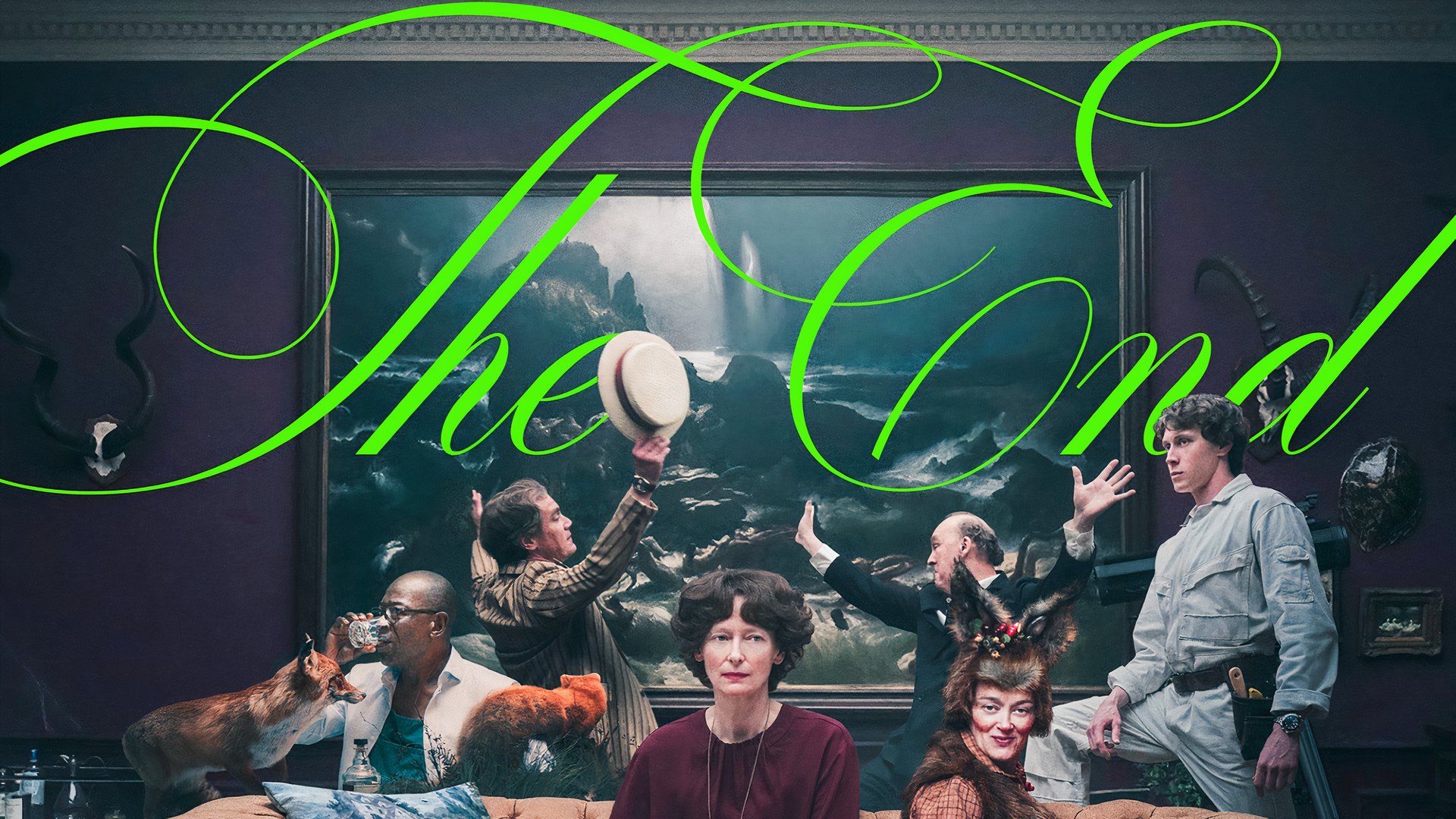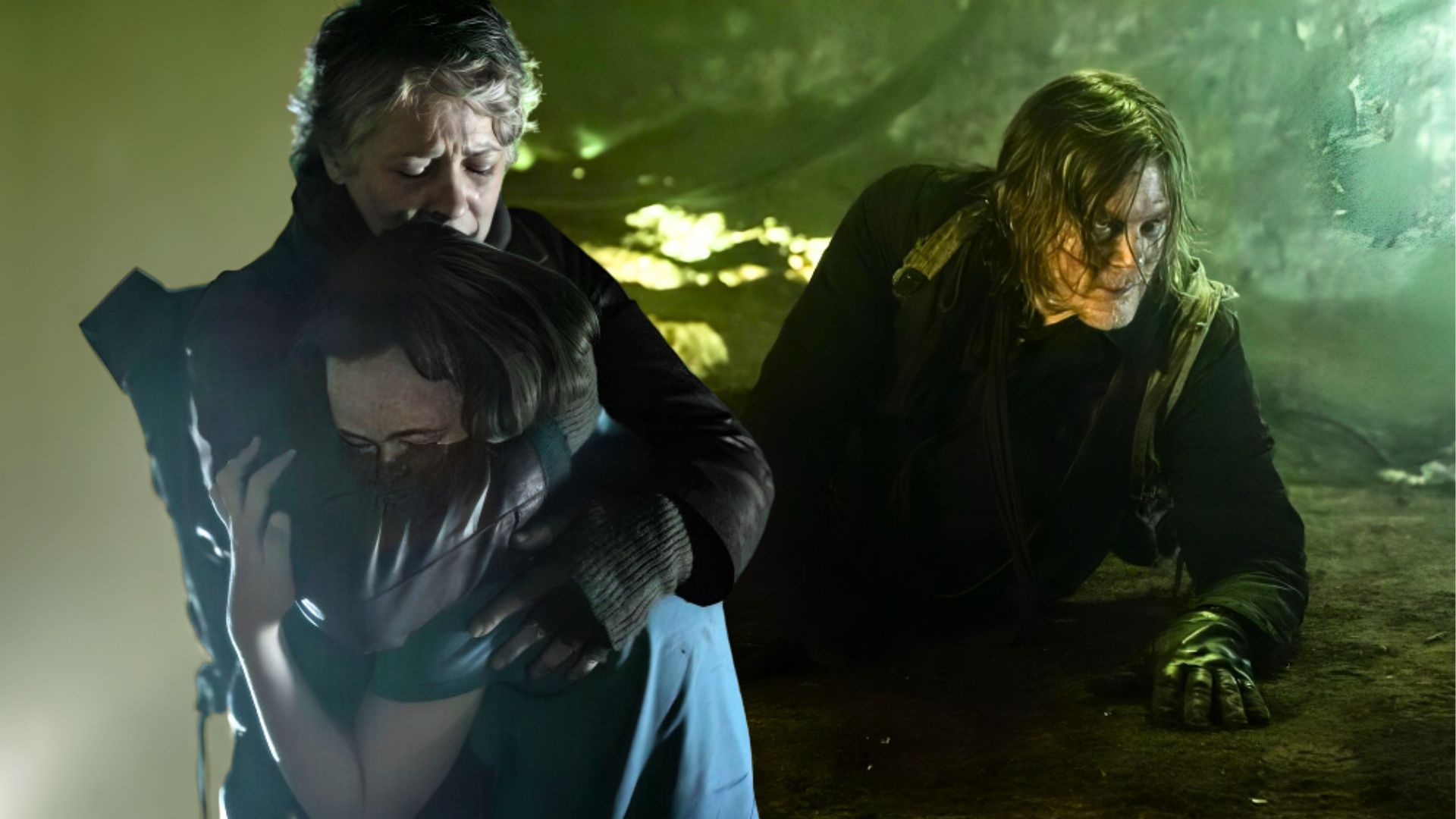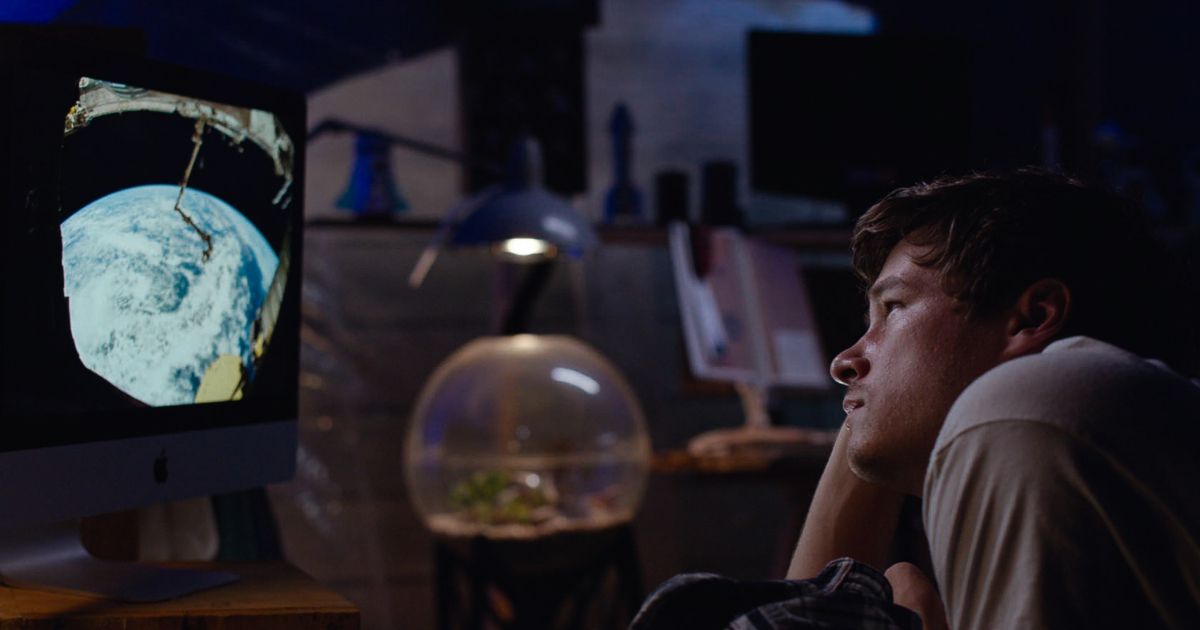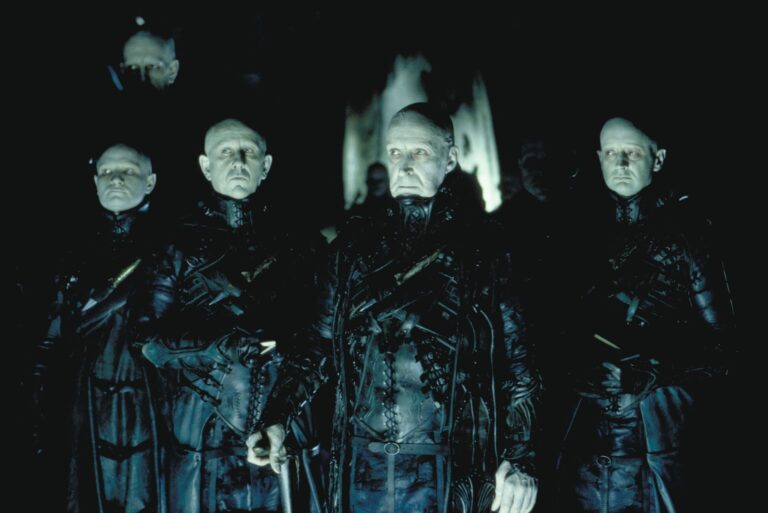The thrill of transformation is a subtext. The Scala didn’t just show films, it stimulated interest in cinema, challenged and offended viewers (on purpose), and pushed the limits of what was then considered acceptable to screen in England. It championed pro-union and LGBTQ-friendly films, early works by subsequently legendary directors (including David Lynch’s “Eraserhead”), and underground movies that blurred arthouse and grind-house categories. One of the more fascinating tales is about the durable appeal of 1975’s “Thundercrack,” American filmmaker Curt McDowell’s fusion of an “old dark house” movie, a surrealist art flick, and a hardcore porno. “It was screened at the Scala constantly, probably from the day the cinema opened right to the time it closed,” says Alan Jones, co-presenter of London’s Shock Around The Clock horror festival at the Scala. “Legend was that there was only ever one print of ‘Thundercrack’ here at the Scala, and it was run until eventually it fell apart.”
Located in the King’s Cross neighborhood of London before it became gentrified, the Scala started out as a traditional theater, closed and reopened, and then for 15 years was essentially a film club catering to buffs of one sort or another. During the later era, the film’s focus, it was a “ground zero” location for the budding fan culture scene in the UK, popularizing John Waters “trash” trilogy of “Pink Flamingos,” “Female Trouble” and “Desperate Living” and films by Russ Meyer, screening previously unseen and classic older work, and hosting the first Avengers convention, meetings of The Laurel and Hardy Appreciation Society, and The Shock Around the Clock festival (described by critic Kim Newman as “Kind of like Woodstock for the bizarro generation”).
The Scala always struggled to keep its doors open but eventually succumbed to a variety of adversities, including rising costs and a siphoning away of repertory and art house viewers by the convenience (though inferior presentation) of VHS rentals. The killing blow was a lawsuit from Warner Bros, filed after the theater decided to screen Stanley Kubrick a “A Clockwork Orange” even though the director pulled it from UK distribution following what appeared to be copycat killings. After the Scala Film Club lost the case, the venue went into receivership, and while it reopened in 1999 and added two floors, the focus was live entertainment.
You can view the original article HERE.






























